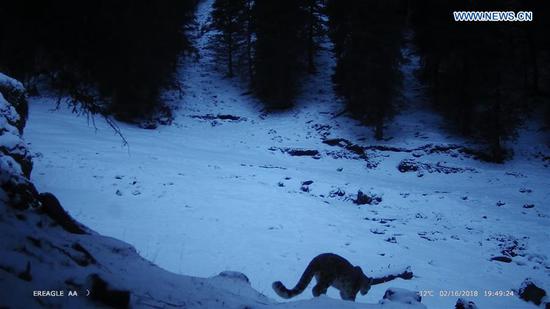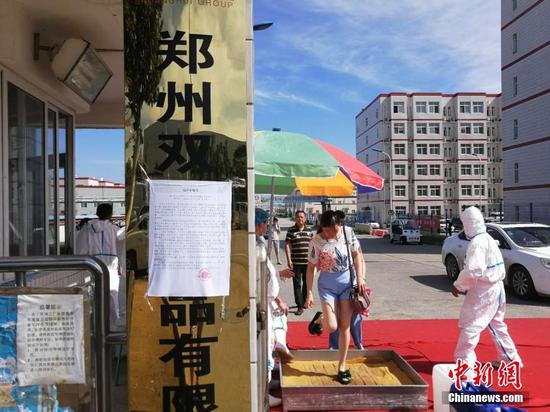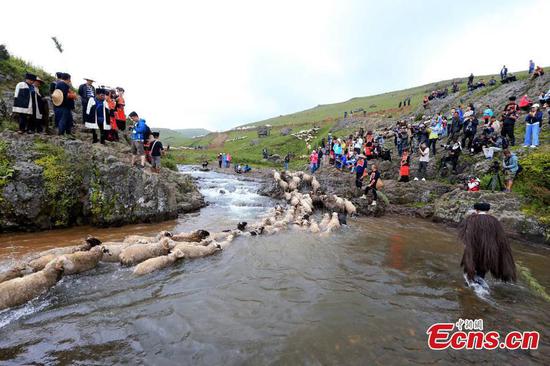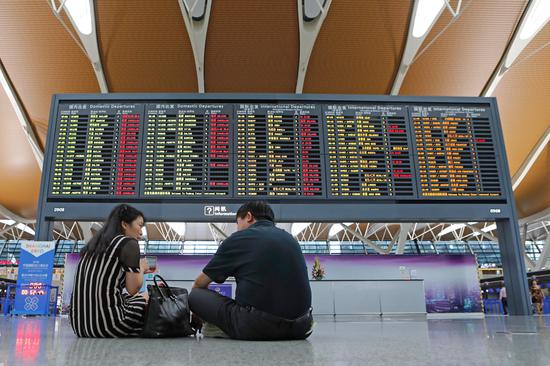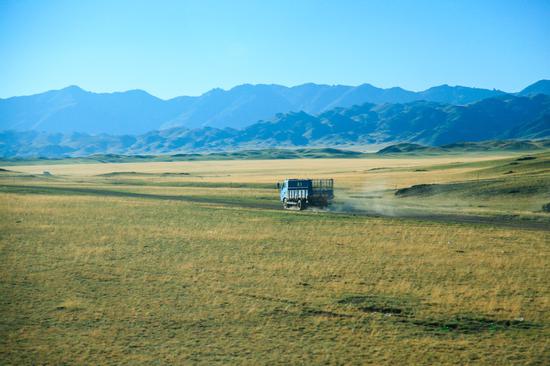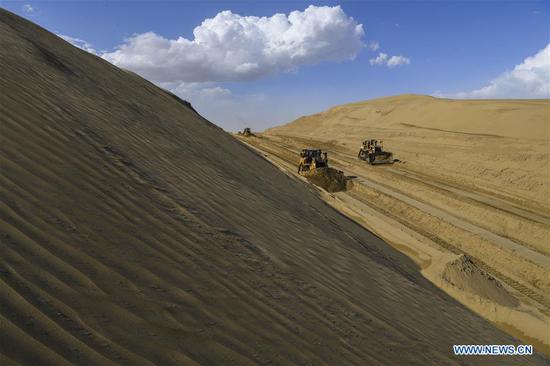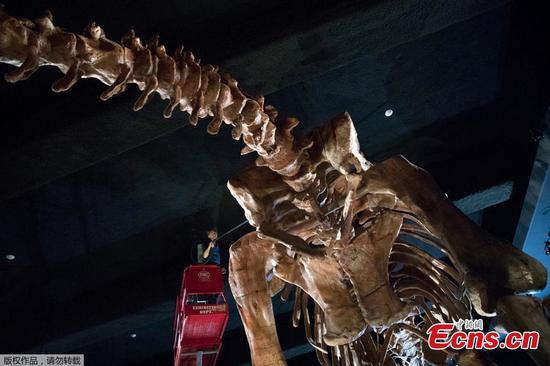Chinese companies are confident in securing overseas supplies of soybeans and soybean meal substitutes to counter the fall in imports of U.S. soybeans, according to industry insiders.
A survey of related firms points to widespread readiness and proactiveness in the industry as Chinese firms turn to more competitive suppliers from South America and other parts of the world.
During the May-August period, over 36 million tonnes of South American soybeans arrived in China, with more to come in November.
State-owned grains trader COFCO has made inquiries on canola, cottonseed and sunflower seed meals with countries including India, Canada, and Ukraine to fill in the gap left by reduced U.S. imports, said Zhao Changjiang, an official with the company.
Canadian canola meal could be an option for Chinese animal feed demands as it is cheaper, according to Liu Yueshu, deputy general manager of operations at Zhongken Guobang, a major soybean processing enterprise based in Tianjin.
"Canadian canola meal set to arrive in December is priced at about 2,300 yuan (about 334 U.S. dollars) per tonne, 150 yuan cheaper than that traded under the January 2019 futures contract at the Zhengzhou Commodity Exchange," Liu said.
The industry is also adopting nutritionally equivalent soybean meal substitutes thanks to technological advances.
"Soybean meal is not the only source of protein in animal feed," said industry analyst Wang Changmei. "Meal from canola, cottonseed, sunflower seed, peanut and palm kernel can all be substitutes."
Peanut meal, for example, contains more crude protein than soybean meal, Wang said.
Current reserves of soybeans are also sufficient.
A price drop in pork has seen a dampened demand for soybean meal since May, with 400,000 tonnes less per month than expectations. China's reserves of imported soybeans are expected to increase by 3 million tonnes from the same period last year by the end of September.
The country's soybean processing firms will have relatively ample supply of raw materials before next January, industry estimates showed.










